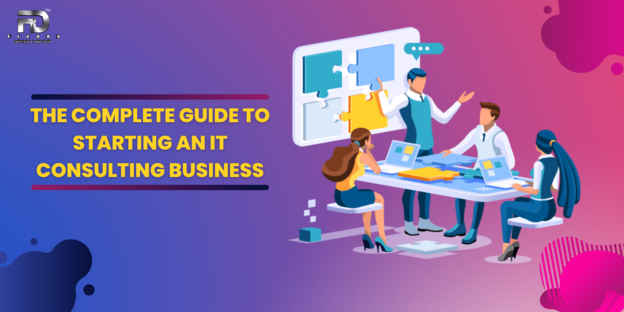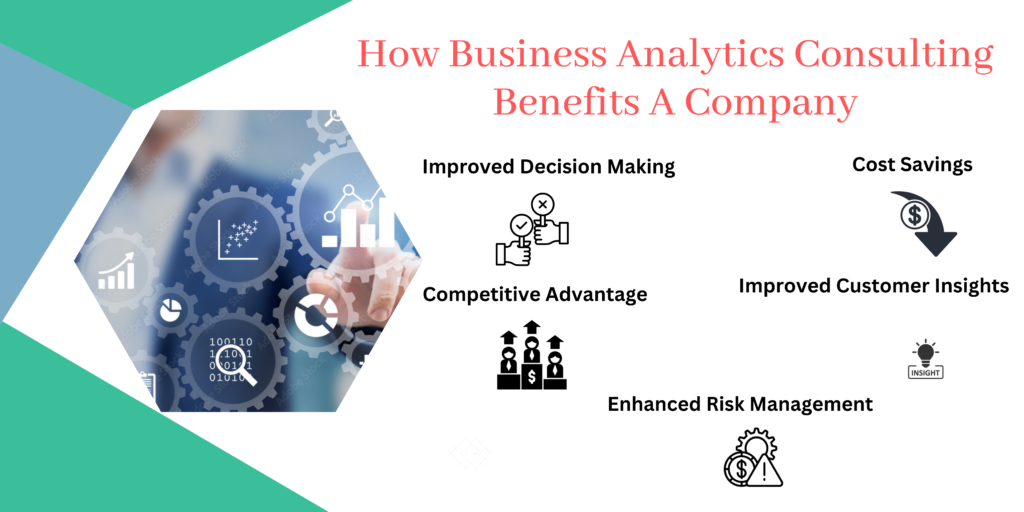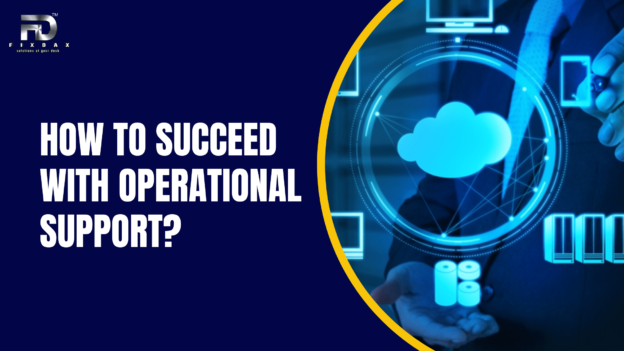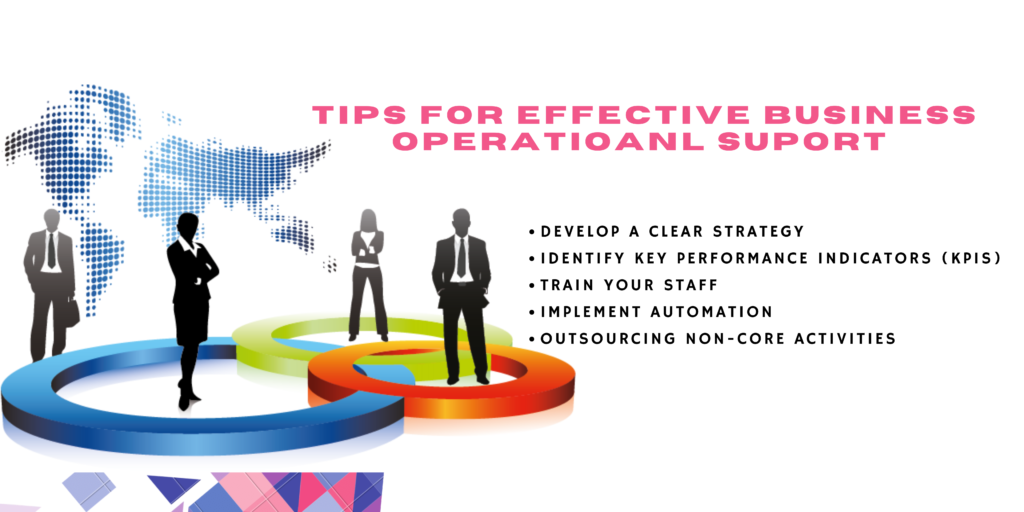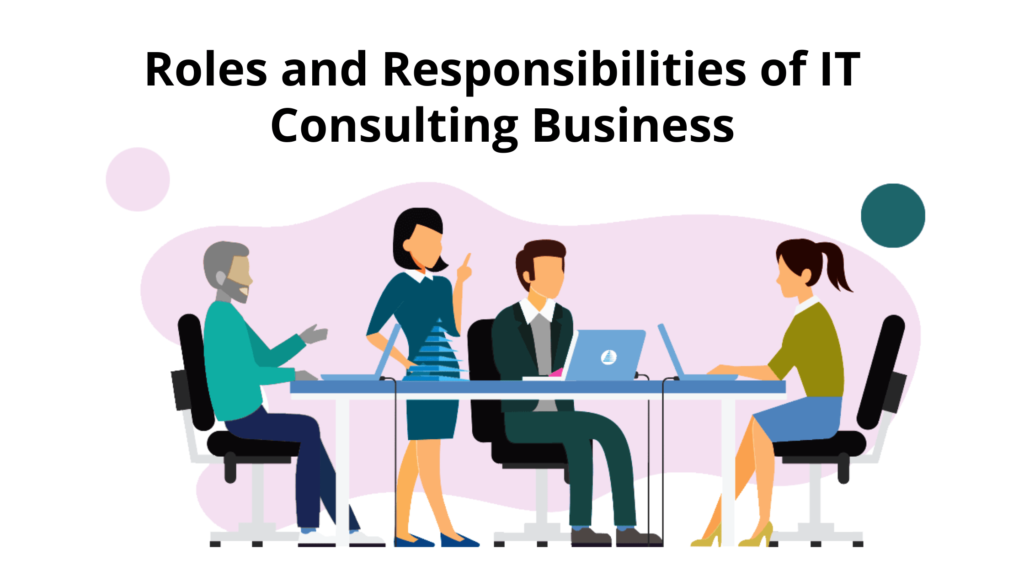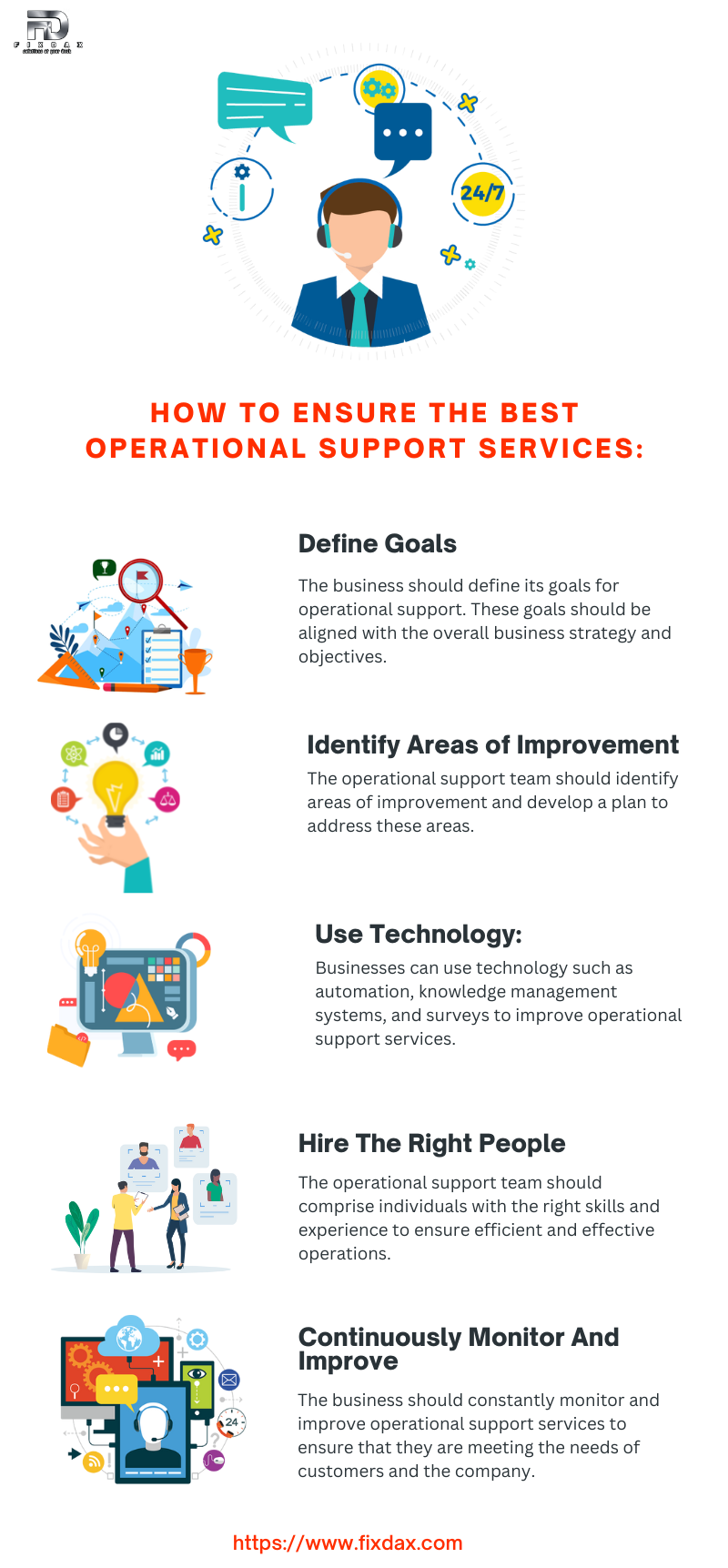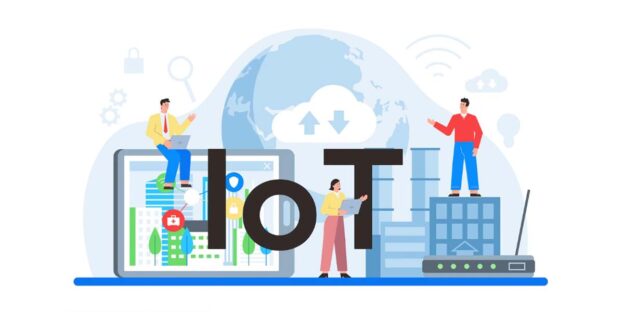As we approach 2025, the pace of technological innovation continues to accelerate, reshaping industries and everyday life. Businesses that want to stay competitive must embrace these changes and understand the emerging trends driving the future. At Fixdax Technology, we believe that staying on top of these trends is crucial for success. Below, we explore some of the most promising technological trends that will shape the business landscape in 2025 and beyond.
1. Artificial Intelligence and Machine Learning
Artificial Intelligence (AI) and Machine Learning (ML) are no longer just buzzwords; they are powerful technologies that are transforming businesses across all industries. By 2025, AI and ML will have matured even further, enabling more personalized customer experiences, automating routine tasks, and improving decision-making through data-driven insights.
From predictive analytics to intelligent chatbots, AI is already helping businesses enhance customer support, streamline operations, and even predict market trends. Machine learning algorithms, powered by more advanced data sets, will continue to refine processes and optimize efficiencies, leading to more intelligent and responsive systems. In 2025, businesses must invest in these technologies to stay competitive and meet the growing demands of their customers.
2. 5G and Connectivity Advancements
The rollout of 5G networks, already underway, will significantly impact industries in 2025. 5G promises ultra-fast internet speeds, low latency, and greater connectivity, which will open up new possibilities in areas like IoT (Internet of Things), autonomous vehicles, and remote work.
For businesses, the 5G revolution means faster data transfer, improved communication tools, and the ability to deploy more connected devices and systems. This will also enhance the development of augmented reality (AR) and virtual reality (VR) technologies, enabling more immersive experiences and real-time collaboration.
3. Edge Computing
As more devices become interconnected through IoT and generate vast amounts of data, relying on cloud computing alone will not suffice. Edge computing, which involves processing data closer to the source (at the “edge” of the network), will become a crucial trend in 2025.
By processing data locally, edge computing reduces latency, enhances real-time decision-making, and improves efficiency. This is particularly important for industries like manufacturing, healthcare, and logistics, where split-second decisions and rapid data analysis are crucial. The future of edge computing will allow businesses to operate more efficiently while also reducing dependency on centralized cloud infrastructure.
4. Quantum Computing
While still in its early stages, quantum computing has the potential to revolutionize industries such as finance, healthcare, and cybersecurity by solving complex problems that classical computers cannot handle. By 2025, we expect to see quantum computing move from theoretical research to practical applications, offering breakthroughs in areas like cryptography, drug discovery, and supply chain optimization.
For businesses, this means a new frontier of possibilities. Quantum computers can help speed up calculations, optimize logistical operations, and solve problems that were previously deemed unsolvable. However, businesses will need to start preparing now by keeping an eye on developments in quantum hardware and software.
5. Blockchain and Decentralized Finance (DeFi)
Blockchain technology, the underlying framework behind cryptocurrencies, continues to gain traction beyond digital currencies. By 2025, blockchain will be widely used in areas like supply chain management, digital identity verification, and contract management.
One of the most exciting applications of blockchain is Decentralized Finance (DeFi), which removes intermediaries like banks and allows for peer-to-peer financial transactions. For businesses, blockchain can offer transparency, security, and traceability, enhancing trust and reducing fraud. In 2025, adopting blockchain could become a competitive advantage for organizations looking to streamline operations, reduce costs, and create new business models.
6. Augmented Reality (AR) and Virtual Reality (VR)
In 2025, Augmented Reality (AR) and Virtual Reality (VR) will continue to reshape how businesses engage with their customers, provide training, and showcase products. These immersive technologies are becoming mainstream in industries such as retail, real estate, entertainment, and education.
For instance, businesses can use AR to offer virtual try-ons or in-store experiences, while VR can be leveraged for remote collaboration, simulations, and training. As hardware becomes more affordable and software more sophisticated, businesses will find new ways to integrate these technologies into their operations and customer interactions.
7. Sustainable Technology and Green Innovation
As environmental concerns take center stage, sustainable technology will be one of the key trends in 2025. From renewable energy solutions to eco-friendly manufacturing processes, businesses must adapt to growing demands for sustainability. This trend includes innovations in clean energy, electric vehicles, and sustainable packaging, as well as the development of new technologies to reduce waste and carbon footprints.
Consumers are becoming increasingly conscious of their environmental impact, and businesses that fail to adopt sustainable practices risk losing customer loyalty. In 2025, investing in green technology will not only be a moral imperative but a business necessity.
Conclusion: Stay Ahead with Fixdax Technology
At Fixdax Technology, we believe that keeping up with these emerging trends is key to driving business success in 2025 and beyond. The future is digital, and embracing these technological advancements will help businesses streamline operations, enhance customer experiences, and stay competitive in an increasingly complex marketplace.
Whether you’re looking to integrate AI, migrate to 5G, explore blockchain solutions, or implement sustainable technologies, Fixdax is your partner in navigating the digital landscape. With our expertise and innovative solutions, we help businesses like yours unlock the full potential of these exciting technologies.
The future is now—let Fixdax help you get there faster.


